The pandemic fundamentally changed how tourism flows around the world, leaving many destinations scrambling to replace lost revenue as travelers stayed home or changed their habits entirely. While some towns watched their economies crumble without steady streams of visitors, others discovered that their dependence on tourism had been holding them back from more sustainable growth.
These resilient communities pivoted toward new industries, embraced remote work trends, or doubled down on local strengths that proved more reliable than fickle tourist dollars. The most successful transitions occurred in places that had been quietly building diverse economies alongside their tourism sectors, providing them with multiple pillars to lean on when one sector collapsed.
Here is a list of 20 towns that not only survived the tourist exodus but found themselves thriving in unexpected ways.
Bozeman, Montana, USA
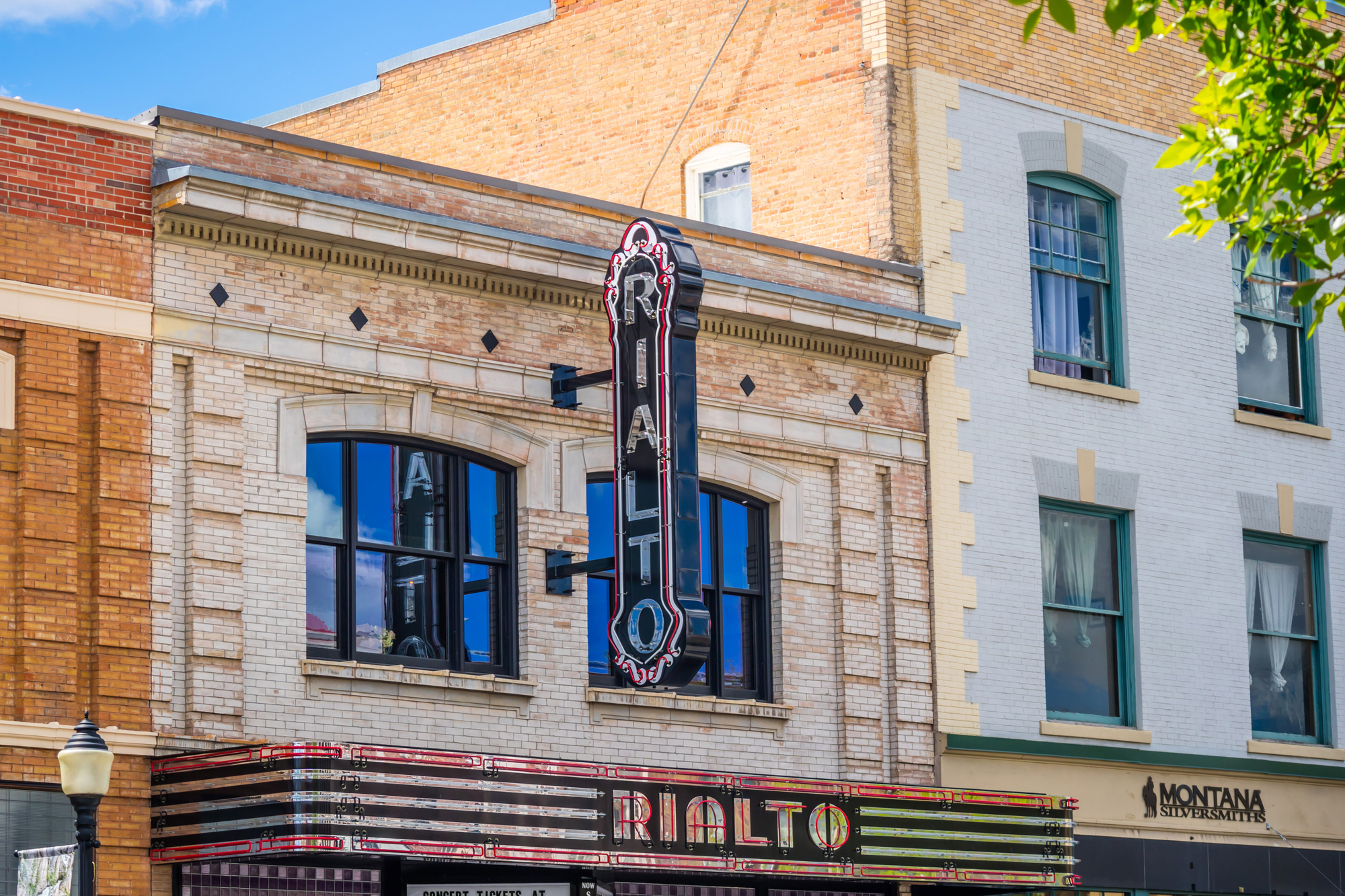
This former tourist gateway to Yellowstone transformed into a tech hub as remote workers discovered its combination of outdoor recreation and fiber internet infrastructure. Companies like Oracle and IBM established significant presences here, while startups found that talented employees preferred mountain views to cubicle farms.
The town’s university connections and outdoor lifestyle attracted exactly the kind of workers that tech companies desperately needed, creating a boom that makes tourism revenue look like pocket change.
Bend, Oregon, USA

When ski tourism and summer visitors disappeared, Bend’s outdoor gear industry and craft brewing scene stepped up to fill the economic gap. Companies like Nike expanded their testing facilities here, while remote workers flooded in seeking the perfect work-life balance.
The town’s investment in high-speed internet and coworking spaces paid off as digital nomads realized they could have both mountain adventures and successful careers.
Like Travel Pug’s content? Follow us on MSN.
Freiburg, Baden-Württemberg, Germany

This former Black Forest tourist destination became Europe’s green technology capital, attracting renewable energy companies and environmental startups from across the continent. The city’s early investment in solar power and sustainable urban planning created expertise that companies worldwide wanted to tap into.
Local universities churned out environmental engineers and sustainability experts, creating a knowledge economy that far exceeded what tourism ever provided.
Burlington, Vermont, USA
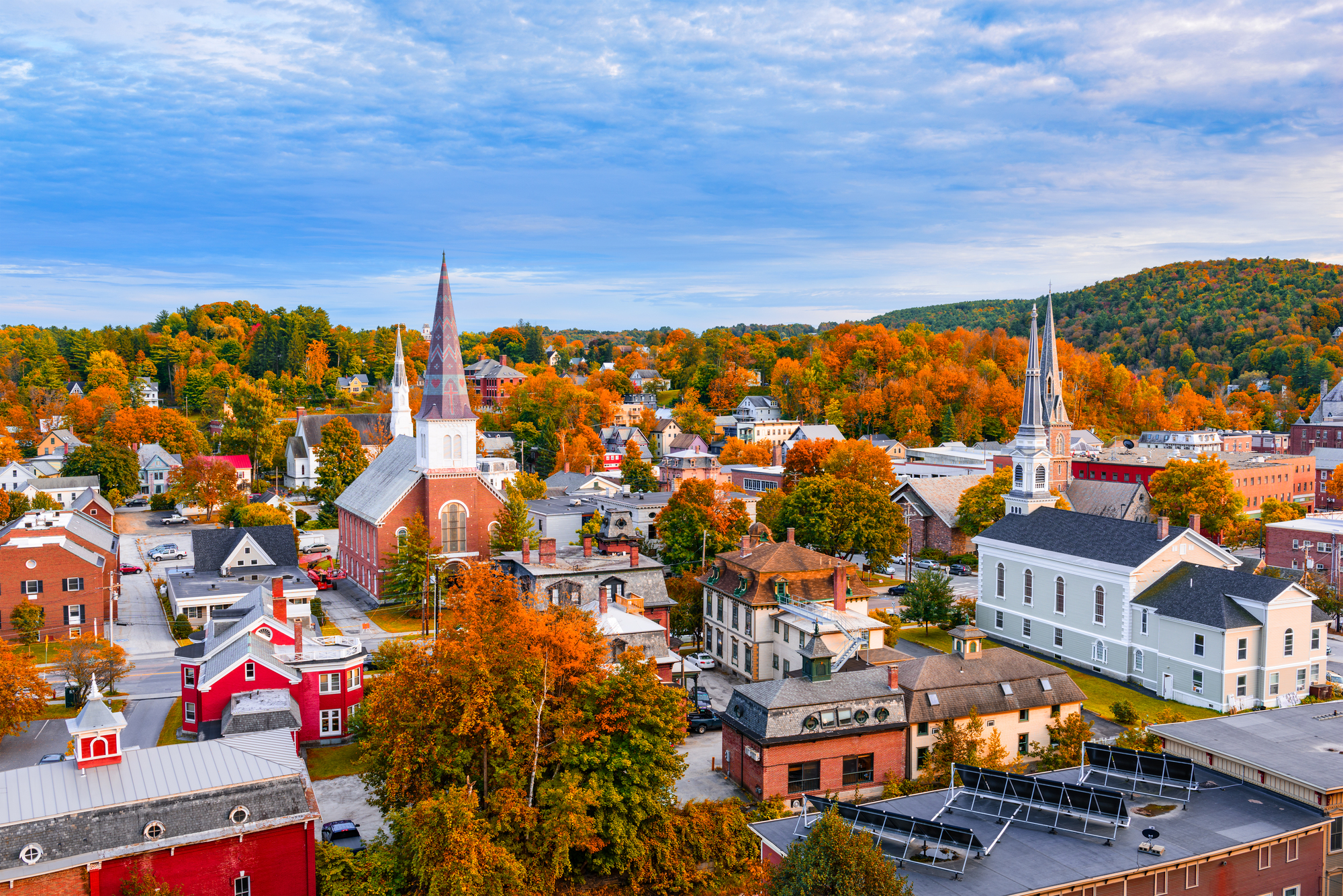
The loss of leaf-peeping tourists barely registered as Burlington’s tech scene exploded with companies seeking affordable alternatives to Boston and New York. The presence of the University of Vermont created a steady pipeline of educated workers, while the city’s progressive politics attracted companies focused on social responsibility.
Local food and craft brewing industries also expanded nationally, turning Vermont products into nationwide brands that generate consistent revenue year-round.
Asheville, North Carolina, USA

When mountain tourism declined, Asheville’s craft beer industry went national, with local breweries expanding distribution across the Southeast and beyond. The city’s reputation for creativity attracted remote workers in design and media fields, while healthcare systems expanded to serve the growing population.
Local music and arts scenes that once entertained tourists now produce content and products for global markets.
Like Travel Pug’s content? Follow us on MSN.
Hobart, Tasmania, Australia

This island city parlayed its quirky arts scene into a creative industries hub that attracts talent from mainland Australia and beyond. The Museum of Old and New Art became a catalyst for design firms, galleries, and cultural enterprises that export Tasmanian creativity worldwide.
Local food and wine producers also found international markets, turning what were once tourist tastings into serious export businesses.
Reykjavik, Iceland
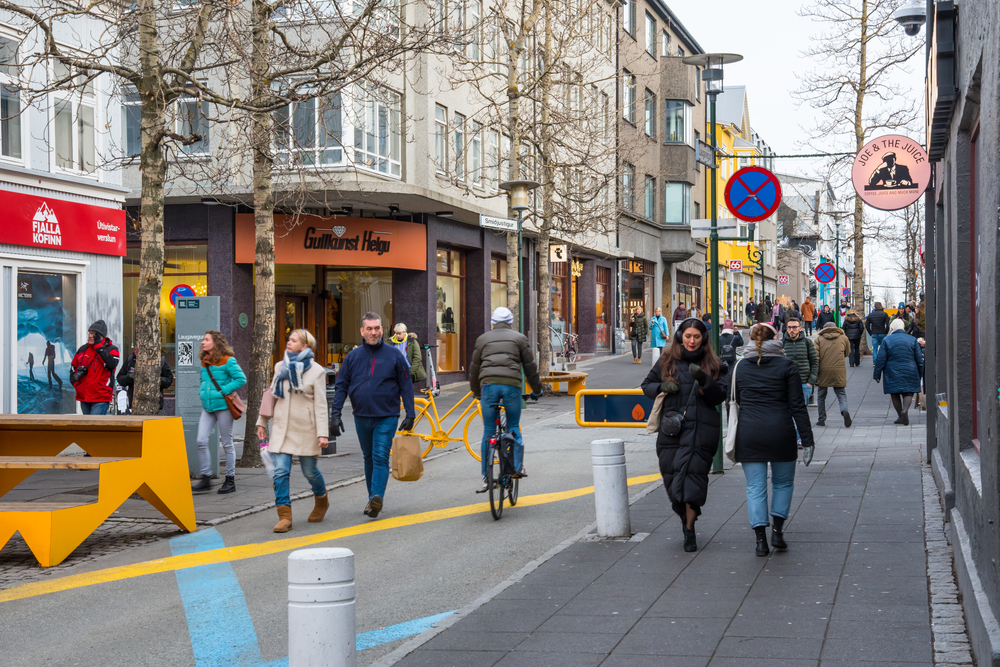
As international tourism plummeted, Iceland’s capital doubled down on its creative industries and emerged as a global hub for music production and digital arts. The country’s renewable energy attracted cryptocurrency mining and data centers, while its educated population proved perfect for remote work in financial services and technology.
Government support for creative industries helped local artists reach international audiences without depending on visiting tourists.
Portland, Maine, USA

The decline in coastal tourism coincided with an explosion in Portland’s food scene, as local restaurants and food producers found national markets for their products. The city became a hub for remote workers seeking authentic New England charm without Boston prices, while its port facilities attracted logistics and shipping companies.
Local seafood processors expanded beyond tourist restaurants to supply high-end markets across the country.
Like Travel Pug’s content? Follow us on MSN.
Boulder, Colorado, USA

When outdoor tourism softened, Boulder’s aerospace and technology industries provided the economic foundation that tourism never could. Companies like Ball Aerospace and Google expanded their operations here, attracted by the university’s talent pipeline and outdoor lifestyle, which helped recruit top employees.
The city’s investment in renewable energy and smart city initiatives attracted clean technology companies and research facilities.
Charlottesville, Virginia, USA

The University of Virginia created a knowledge economy that far outweighed tourism losses, as research partnerships with private companies generated millions in revenue and high-paying jobs. The surrounding wine country has also matured beyond tourist tastings into a serious wine production sector that competes nationally.
Local healthcare systems expanded to serve growing suburban populations, creating stable employment that doesn’t fluctuate with seasons.
Kingston, Ontario, Canada

This historic town leveraged its university and proximity to government centers to become a hub for public sector consulting and educational technology. Queen’s University partnerships with private companies created research opportunities that attracted international talent and investment.
The city’s affordable housing and quality of life attracted remote workers from expensive Toronto, creating a secondary economy around services and local businesses.
Like Travel Pug’s content? Follow us on MSN.
Innsbruck, Tyrol, Austria
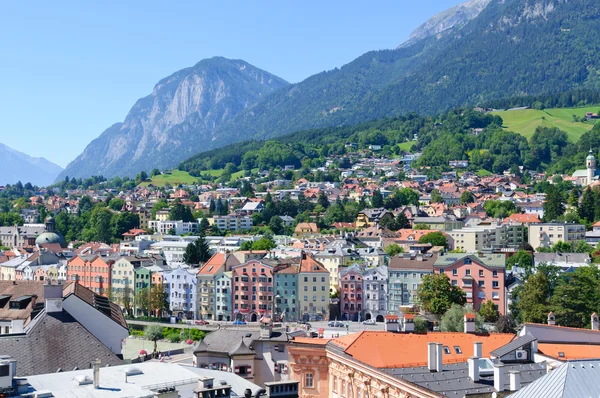
Beyond ski tourism, Innsbruck developed into a center for outdoor sports equipment design and testing, with companies using the alpine environment for product development. The city’s universities became European leaders in sports science and mountain engineering, attracting research funding and international partnerships.
Local expertise in mountain technologies found markets in everything from renewable energy to specialized construction equipment.
Flagstaff, Arizona, USA

The presence of Northern Arizona University and world-class astronomical observatories created a science and research economy that dwarfs tourism revenue. The city became a hub for space technology companies and environmental research, while its high altitude and clear skies attracted technology companies testing satellite equipment. Local expertise in forest management and environmental science found applications across the drought-stricken Southwest.
Spokane, Washington, USA
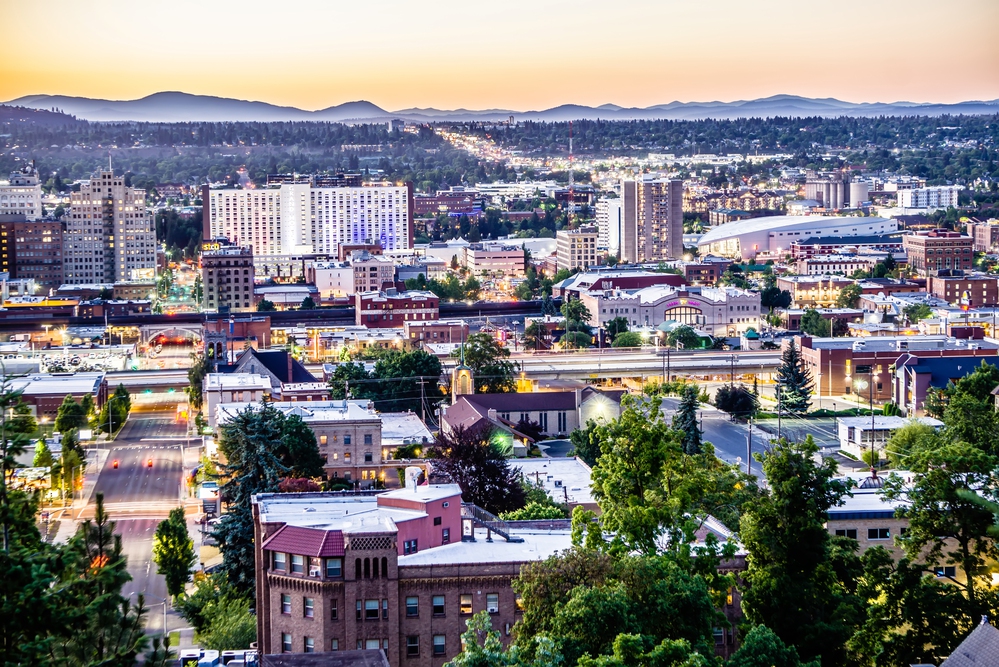
This former tourist stopover transformed into a regional healthcare and education center, with major hospital systems and universities driving economic growth that far exceeds what tourism ever provided. The city’s affordable cost of living attracted remote workers and retirees from expensive coastal cities, creating demand for services and retail.
Local agriculture and food processing expanded beyond tourist markets to serve the growing regional population.
Like Travel Pug’s content? Follow us on MSN.
Missoula, Montana, USA
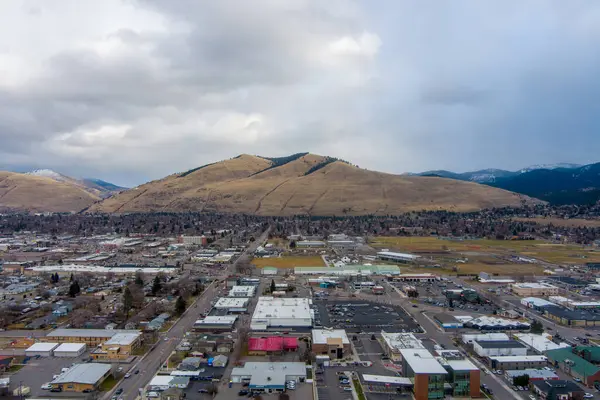
The University of Montana anchored an economy focused on environmental research and outdoor recreation industry development that proved more valuable than tourist spending. Companies developing outdoor gear and environmental monitoring equipment established operations here, taking advantage of both university partnerships and testing environments.
The city’s creative community also expanded beyond tourist entertainment into media production and digital content creation.
Galway, Ireland
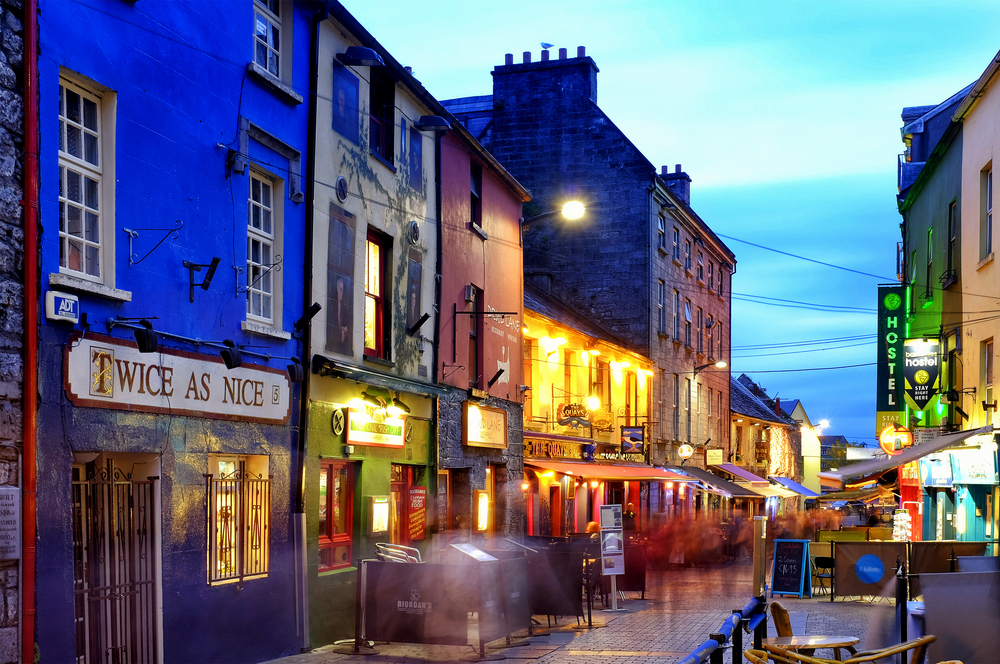
This former tourist favorite has become Ireland’s second technology hub, attracting international companies seeking alternatives to the expensive Dublin market. The city’s university connections and creative culture proved ideal for attracting young tech workers, while government incentives helped establish a range of industries, from software development to medical device manufacturing.
Local food and craft industries also found export markets that provide steady revenue beyond seasonal tourism.
Kelowna, British Columbia, Canada
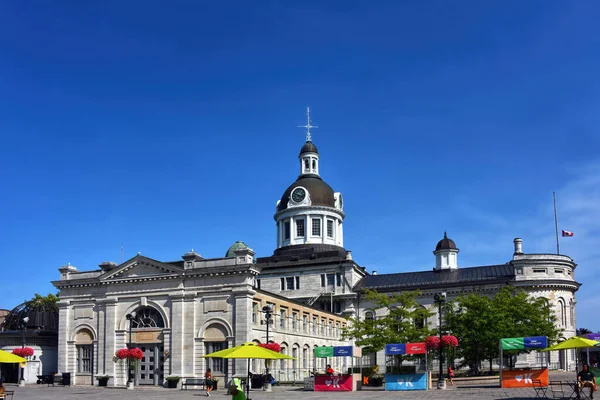
The Okanagan Valley’s wine industry matured beyond tourist tastings into serious production that competes internationally, while the region’s natural beauty attracted remote workers and retirees from expensive Vancouver. Technology companies have established operations here to tap into university talent and take advantage of lower costs compared to those in major cities.
The combination of agriculture, technology, and lifestyle migration created a diverse economy that barely notices tourism fluctuations.
Like Travel Pug’s content? Follow us on MSN.
Santa Barbara, California, USA

The city’s universities and research institutions created a biotechnology and clean energy cluster that generates far more economic value than tourism ever did. Companies like Yardi Systems and Sonos expanded their operations here, while startups in everything from agricultural technology to renewable energy found perfect conditions for growth.
The combination of an educated workforce, research facilities, and venture capital access created a knowledge economy that thrives independently of visitor spending.
Chattanooga, Tennessee, USA
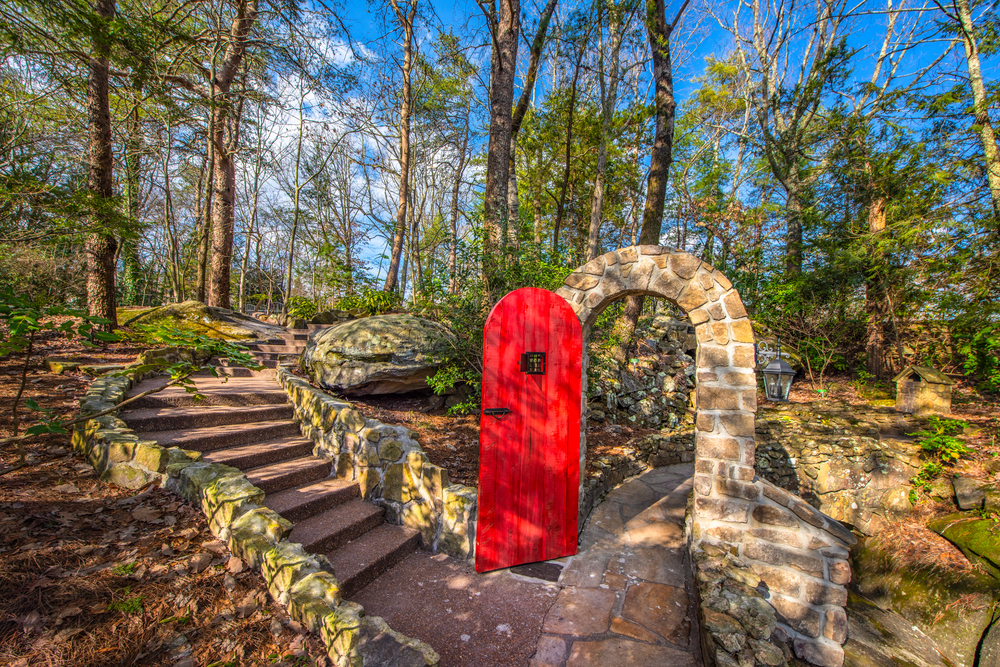
This former tourist destination reinvented itself as a technology and advanced manufacturing hub, with companies like Volkswagen and Amazon establishing major operations that employ thousands of residents. The city’s investment in high-speed internet infrastructure attracted remote workers and technology companies, while its affordable cost of living made it competitive with major metropolitan areas.
Local entrepreneurship programs and startup incubators created a culture of innovation that generates consistent economic growth.
Dunedin, Otago, New Zealand
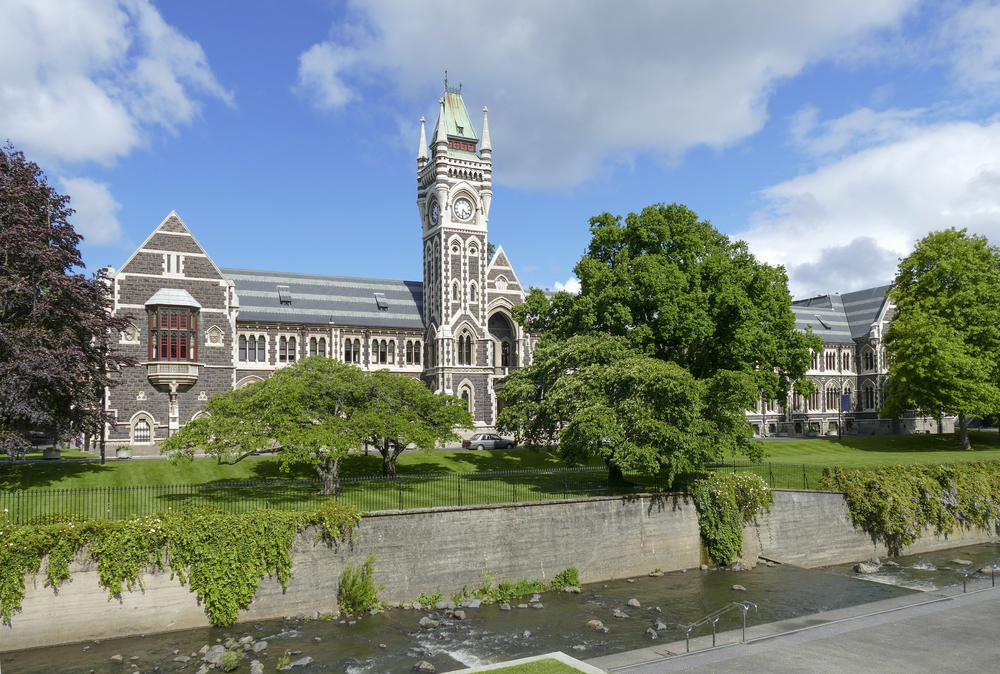
The University of Otago has anchored a research and development economy focused on biotechnology and environmental science, which has proven far more stable than tourism revenue. The city became a hub for companies developing agricultural technologies and medical devices, taking advantage of university partnerships and New Zealand’s reputation for innovation.
Local creative industries also expanded beyond tourist entertainment into global markets for film production and digital media.
Like Travel Pug’s content? Follow us on MSN.
Beyond the Tourist Trail
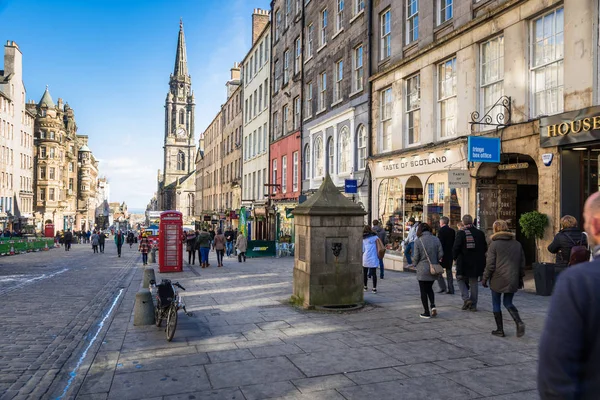
These thriving communities demonstrate that towns built on diverse economic foundations prove far more resilient than those dependent on the whims of travelers and global events. The communities that successfully navigated the tourism collapse were those that had been quietly investing in education, infrastructure, and local industry development long before visitors stopped arriving.
Their success stories reveal that sustainable prosperity stems from nurturing local talent, supporting innovation, and building economies that prioritize residents’ needs over those of visitors. The lesson for other communities isn’t to abandon tourism entirely, but to ensure that welcoming guests enhances rather than defines their economic identity.
More from Travel Pug

- 20 Best Beach Towns in the Carolinas
- 13 Destinations Where Tourists Regularly Regret Their Trip
- 20 Destinations That Are More Magical Without an Itinerary
- 20 Underrated Adventures That Belong on Your Travel List
- 20 Cities Where You Should Just Wing It, No Planning Required
Like Travel Pug’s content? Follow us on MSN.w us on MSN.N.
